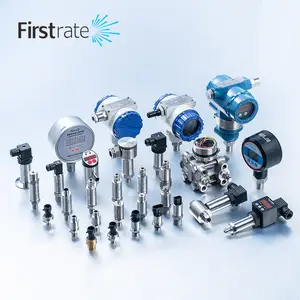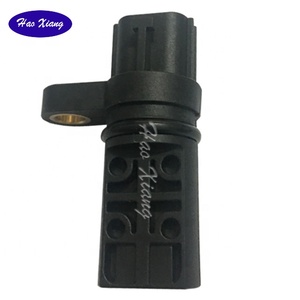
Hydraulic Pressure Sensor Firstrate FST800-2100 Industrial Hydraulic Water Bar Psi Pressure Transmitter Sensor Transducer





















Auto electrical sensors are integral components in modern vehicles, playing a crucial role in monitoring and managing various functions. These sensors are designed to ensure optimal performance, efficiency, and safety of your vehicle by providing critical data to the car's computer system.
There are several types of auto electrical sensors each serving a specific purpose. The oxygen sensor, commonly referred to as an O2 sensor, is responsible for measuring the oxygen levels in the exhaust, allowing the engine to adjust the fuel mix for better efficiency. Temperature sensors monitor the engine's coolant temperature, contributing to the vehicle's ability to operate within the optimal temperature range. Meanwhile, car proximity sensors and blind spot sensors are essential for driver assistance, alerting drivers to nearby objects or vehicles that may not be visible.
The application of auto electrical sensors extends beyond basic functions. For instance, shock sensors detect sudden impacts, potentially indicating collision events, while ambient light sensors adjust interior lighting based on external light conditions, enhancing the driving experience. These sensors not only contribute to the vehicle's safety features but also to its operational efficiency and comfort, making them indispensable in modern automotive design.
The materials used in auto electrical sensors are selected for their durability and ability to withstand harsh conditions. Typically, these sensors are manufactured from robust materials that can endure high temperatures, exposure to chemicals, and mechanical stress, ensuring longevity and reliability.
Selecting the appropriate auto electrical sensors for your vehicle involves considering compatibility, intended use, and the specific features of each sensor type. It is important to understand the role of each sensor to ensure that your vehicle maintains its performance and safety standards.
Modern vehicles are equipped with advanced systems that rely heavily on the data provided by auto electrical sensors. The integration of these sensors into the vehicle's electronic control unit (ECU) allows for real-time monitoring and adjustments, which is vital for the vehicle's adaptive responses and preemptive safety measures.